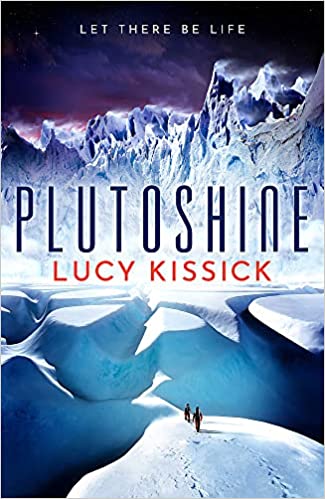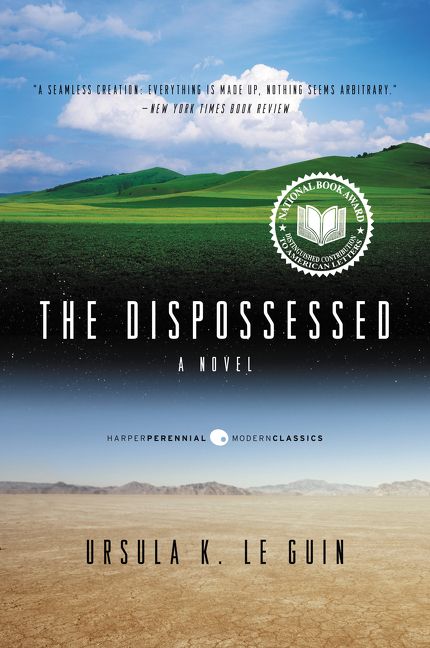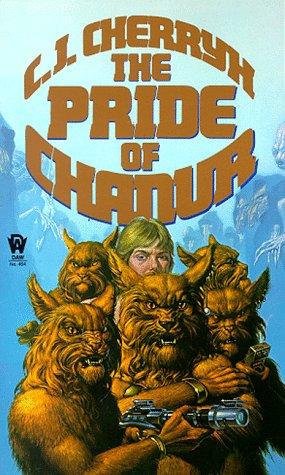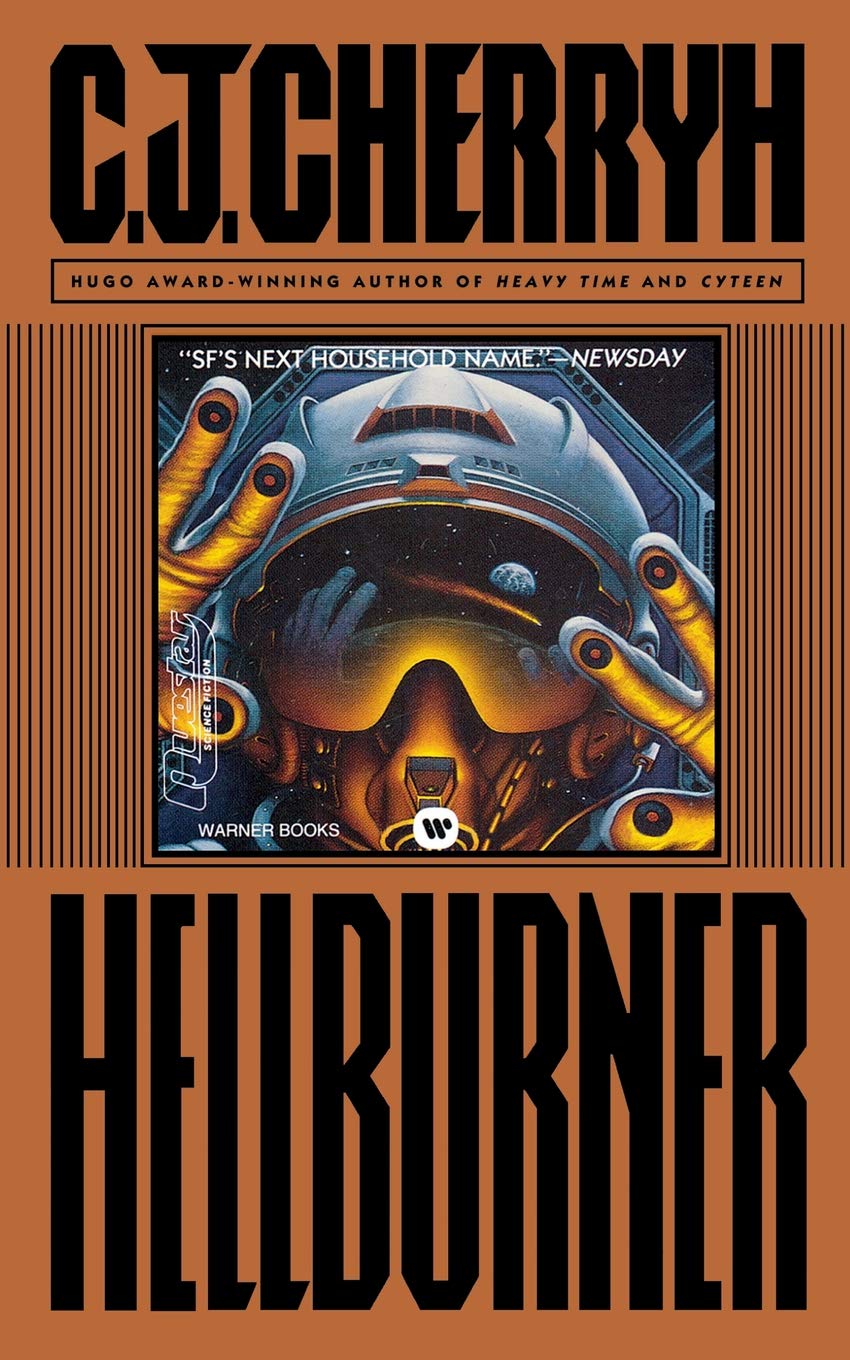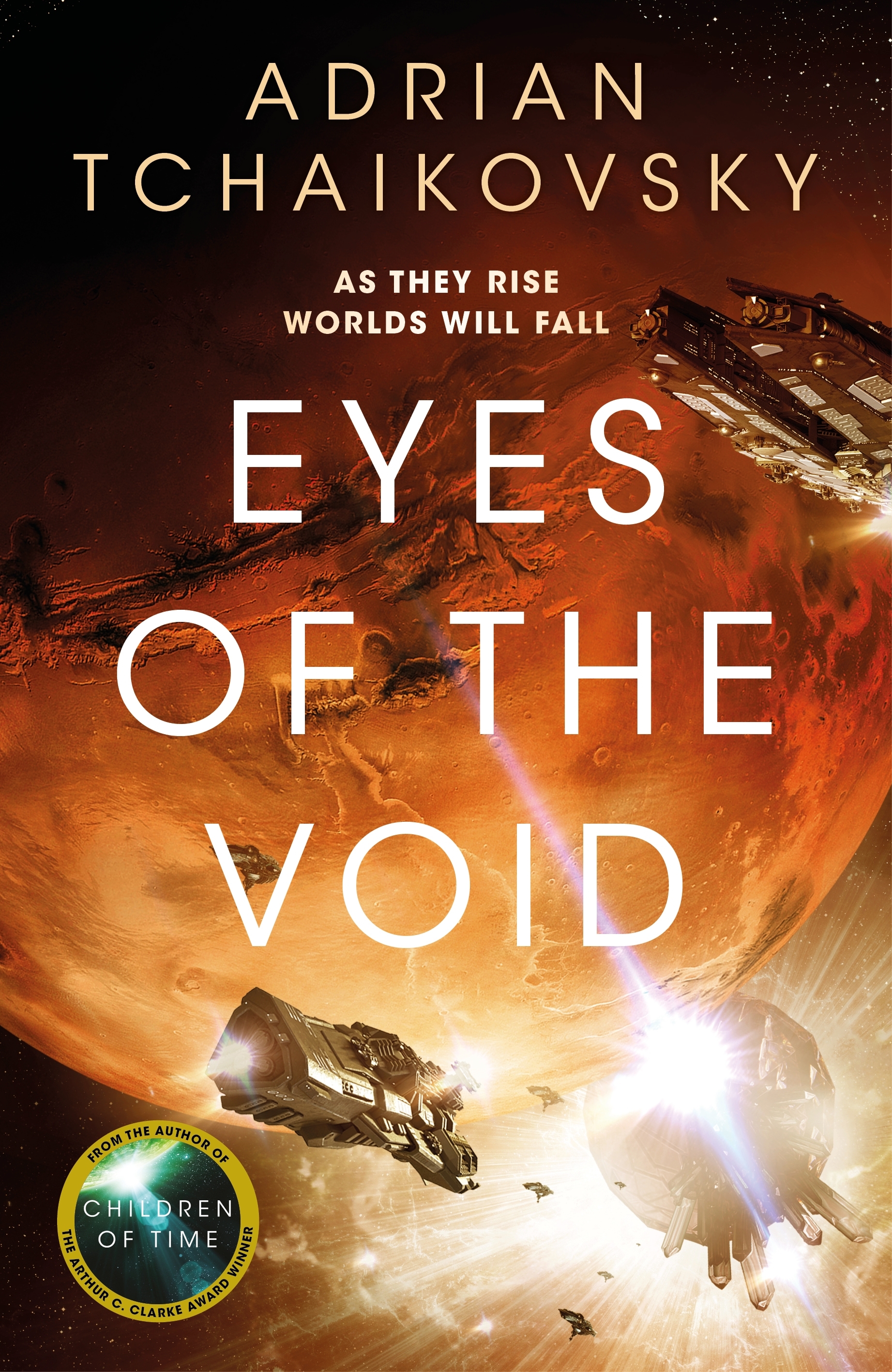Keith Stevenson reviewed Plutoshine by Lucy Kissick
Defies expectations but not in a good way
2 stars
I tried hard to finish this book. I got to eighty per cent. But in the end I gave up because I just didn’t care about how it ended. Plutoshine defies expectations, but not in a good way.
Which is a shame, because on paper the story sounded really interesting: a project to commence terraforming Pluto by building a giant space mirror that focuses the energy of the distant sun, and the possibility of finding indigenous life beneath the frozen oceans.
The book has been described by some as ‘Hard SF’ but it’s not. There is some authentic scientific detail scattered through the narrative but it’s real focus is on a dysfunctional family living in the first human settlement on Pluto and what happened to leave Clavius, the father and the settlement’s founder, in a coma and the youngest child – Nou – traumatized and unable to speak. Again, this …
I tried hard to finish this book. I got to eighty per cent. But in the end I gave up because I just didn’t care about how it ended. Plutoshine defies expectations, but not in a good way.
Which is a shame, because on paper the story sounded really interesting: a project to commence terraforming Pluto by building a giant space mirror that focuses the energy of the distant sun, and the possibility of finding indigenous life beneath the frozen oceans.
The book has been described by some as ‘Hard SF’ but it’s not. There is some authentic scientific detail scattered through the narrative but it’s real focus is on a dysfunctional family living in the first human settlement on Pluto and what happened to leave Clavius, the father and the settlement’s founder, in a coma and the youngest child – Nou – traumatized and unable to speak. Again, this sounds promising as a narrative, but the truth about what happened to Clavius and Nou is strung out through the book in a series of flashbacks. And these flashbacks are separated by too many present day scenes that do nothing or go nowhere.
Some stuff does happen in the narrative present, but the reactions of the characters to those events are almost universally passive and lacking in any common logic. We learn, for example, that there had been an official enquiry into whatever caused Clavius to go into a coma. I’m not sure what that enquiry did because, as on of the characters notes, ‘no one – no one – thought to stop and reconstruct what happened to traumatize Clavius’s kid into a kid-shaped shell?’
Then early on in the construction of the space mirror, there’s an incident which almost results in death and destruction. Some think it may be the work of a saboteur, because there is a political movement that believes Pluto and other planetary bodies should be left in their natural state. You’d think after such an incident that some of the characters might try to find out if it was actually sabotage, and who the saboteur might be. But, no. Life returns to normal and they get on with the project in between parties and other scenes that add local colour but not much else. It’s only when the next part of the project goes wrong in a way that could kill everyone on Pluto that they try to do something about it. Luckily this disaster is averted and a saboteur is caught. There may be more saboteurs but there’s no investigation to confirm that and we’re told the planetary police will take six months to get there. They never arrive and are barely mentioned again. Then another sabotage event occurs and no investigation takes place. They just ‘tighten security’. By that point I was rooting for the saboteurs to kill them all.

